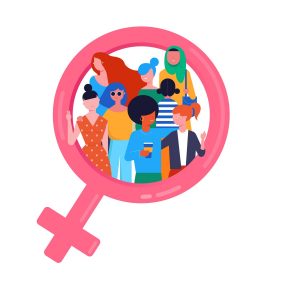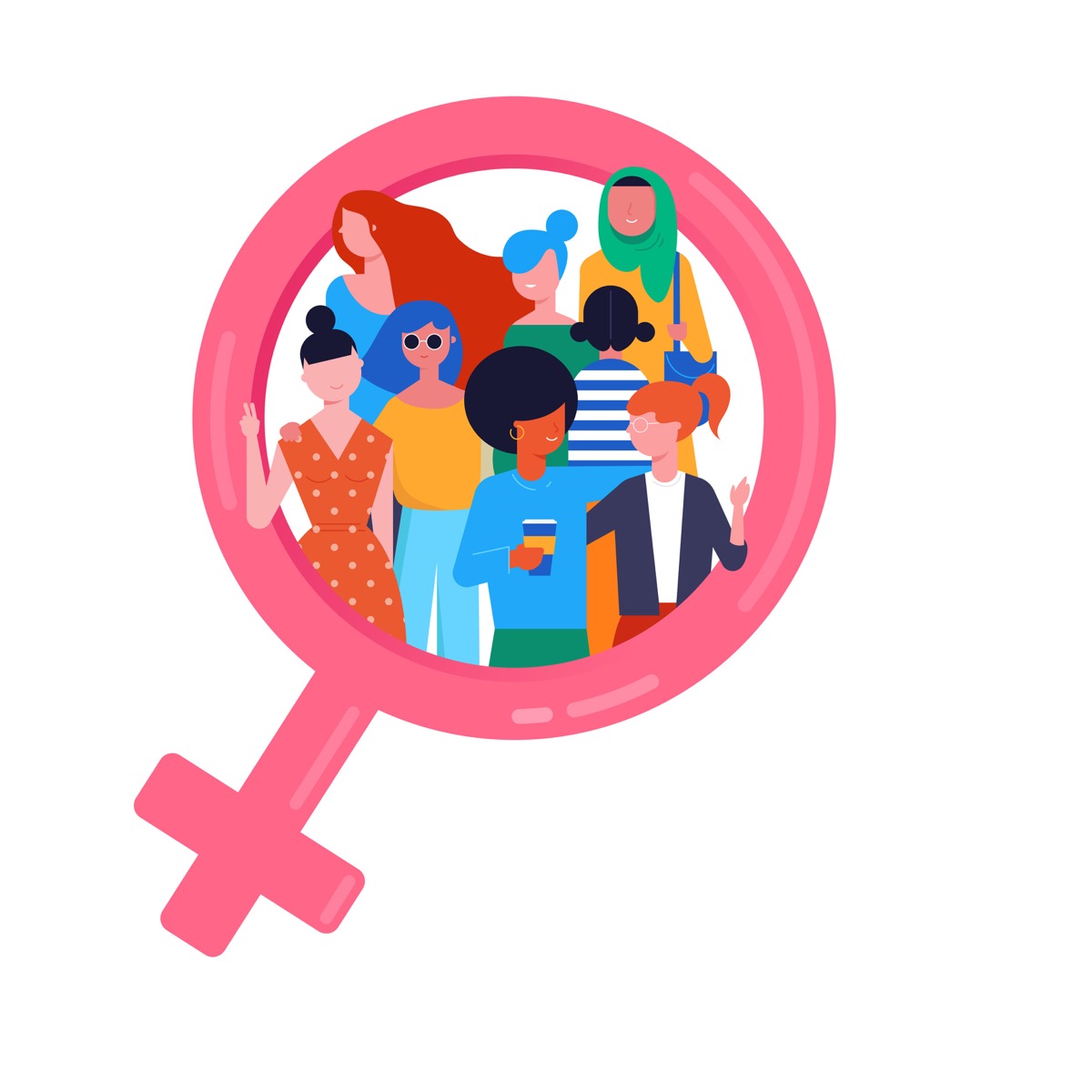 Last Coffee House of the semester talks about women in revolution
Last Coffee House of the semester talks about women in revolution
By Tania Arora, Staff Reporter
History is filled with women who have had significant roles in great revolutionary movements including the French Revolution, American abolitionist movement, Civil Rights movement, Idle No More, #MeToo, and many more. To recognize the importance of their role and how have they been able to make changes, Douglas Students’ Union organized the last Coffee House of the semester around the theme Women in Revolutions.
The discussion began with everyone present being asked to name one woman in the major revolutionary movements around the world. The question was met with complete silence, which shows the unrecognized contribution made by women in history.
In order to end slavery in the US, the American abolitionist movement took place in the 18th and 19th centuries—a movement in which women were prominent and outspoken members.
In an article for the National Women’s History Museum, Allison Lange, Ph.D., said, “In 1829 British-born reformer Frances Wright toured the United States and lectured against slavery. The same year, an artist published this cartoon making fun of Wright. The cartoon depicts Wright standing near a table and giving a lecture, but she has the head of a goose. The title says Wright ‘deserves to be hissed.’ According to this artist and many others, women should not speak in public, and the public should not care what she has to say.”
Yet in the face of these oppressive norms, women became equipped with leadership, organizational, literary, and many other skills to mark their presence and contributions.
One of the most recent feminist movements is the #MeToo movement where one can easily see the power of organization and listen to the voices of women. Gone are the days when women were expected to stay quiet indoors.
Bhavika Gaba, an international student at Douglas, said in an interview with the Other Press, “I am glad that this [#MeToo movement] took place. Women are finally coming out and speaking for themselves and seeking justice. It is heartbreaking to listen to what they have been through. Hundreds or thousands of cases might have been reported till now, but millions of stories are still hiding inside the walls of bricks.”
The French Revolution was also a part of the Coffee House discussion. The participation of women in the movement sparked controversies at the time, given the French Revolution’s emphasis on equality and liberty for all citizens—but not for women. Aahelee Bandyopadhyay, the DSU Women’s Representative and the moderator for the event, said, “Female figures in revolution are often suppressed and history has been a crucial instrument to depict that.”
Hopefully we have more such coffee houses coming up next semester because it is important for students to come together and share and gain knowledge about such social issues.

